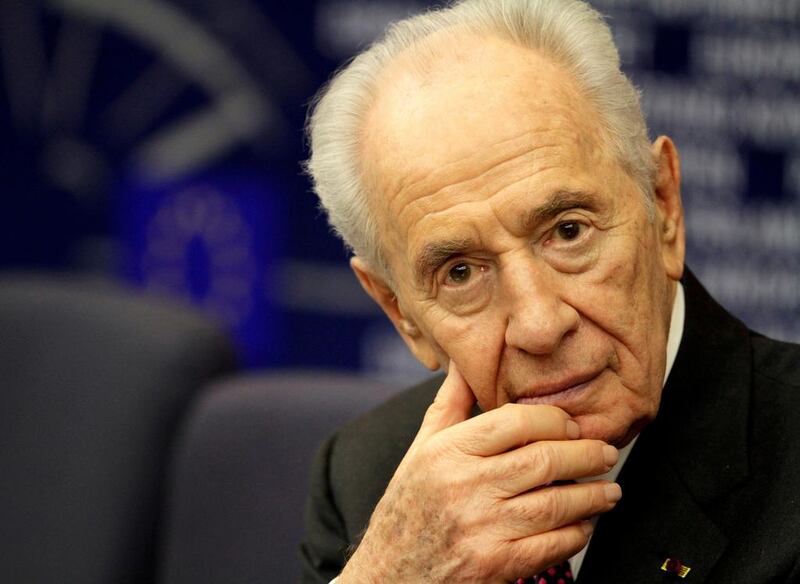Shimon Peres, Israel’s elder statesman and former president, has died at 93. The Noble Prize-winner is one of the last Israeli leaders from the founding generation and will be remembered as a principle architect of the Oslo Accords. In the coming decades, that might not have the same cachet as it does today in the West.
Signed in 1994, the Oslo Accords were a set of interim agreements between Israel and the Palestine Liberation Organisation that was supposed to create the necessary conditions for an end of Israeli occupation and the creation of a Palestinian state. Nearly three decades later, Israeli settlement expansion has skyrocketed and Tel Aviv’s grip over Palestinian life has never been stronger.
It is commonplace to hear from all sides that Oslo is dead. Israel’s newest generation of politicians, including minister of education Naftali Bennet and minister of justice Ayelet Shaked, both of the Jewish Home political party, have openly stated their hatred of the Oslo Accords and the two-state solution. These politicians represent a growing number of mainstream Israelis who don’t believe the occupation can or should end. Their vision is of a separate and unequal binational state where Israel controls everything between the Jordan River and the Mediterranean Sea.
In Palestine, young people emboldened by the boycott movement are increasingly in favour of securing their rights as opposed to fighting for a two-state solution. When Mahmoud Abbas, Palestine’s elder statesman, sought United Nations statehood recognition in 2013, he was widely seen as the last politician fighting for the two-state solution as envisioned by the Oslo Accords.
That brings us back to Shimon Peres. As a public figure, Peres used his image in the West of a peacemaker to perpetuate a false image of Israel as a country that is interested in making hard concessions to achieve peace. Tel Aviv’s actions in Gaza and the West Bank tell a different story and the militancy of the Israeli mainstream is now difficult to ignore. With the passing of one of the last architects of the Oslo process, the time has come to open a new chapter and bring an end to Israel’s occupation. This can’t be done without the pressure of other countries such as the United States, but hopefully the international community will realise that the moment for Oslo has passed.





